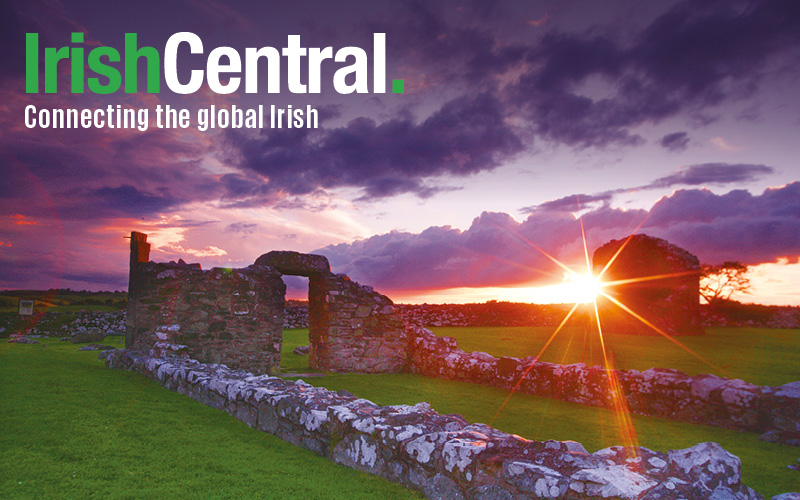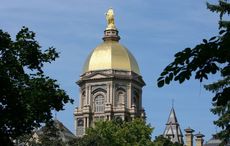Researchers at Trinity College Dublin are calling on members of the public to upload old family letters and photographs to a new digital archive as part of an ambitious public history project to recreate ordinary life in Ireland around the time of the Easter Rising of 1916.
Ireland’s first crowd-sourced humanities project, The Letters of 1916: Creating History, aims to create a large scale digital collection of letters written for the six months before and after the Easter Rising. The project will lead to the creation of an online archive of letters created by the public for the public, which will be launched in 2016.
Members of the public are being invited to include their family history in this important archive by uploading pictures of letters and related photographs hidden away in boxes, cupboards and attics to the database on the website. All letters written within, to or from Ireland between 1 November 1915 and 31 October 1916 no matter what the theme, romance, local politics, literature, gossip, the Rising and the Great War – can be contributed to this digital collection.
People can also get involved in uncovering hidden stories by transcribing some of the 400 letters already contributed to the archive by public institutions, including, the National Library of Ireland, the National Archives of Ireland, Trinity College Dublin and University College Dublin as well as the Medical Missionaries of Mary.
“Allowing letters from personal collections to be read alongside official letters and letters contributed by institutions will add new perspectives to the events of the period and allow us to understand what it was like to live an ordinary life through what were extraordinary times,” explains Dr Susan Schreibman, Associate Professor in Digital Humanities in the School of English and the project’s Principal Investigator.
“Through these letters we will to bring to life to the written word, the last words, the unspoken words and the forgotten words of ordinary people during this formative period in Irish history. All too often our emphasis is on the grand narrative focusing on key political figures. But as we approach the centenary of the Easter Rising we want to try to get a sense of how ordinary people coped with one of the most disruptive periods in contemporary Irish history – from loved ones serving in the British Army and Dublin itself becoming a theatre of war, to the business of state carried out by Government."
“It is these personal stories of hardship and love, great loss and great strength, which tend to be lost in traditional historical accounts. This project is reclaiming these lives for our generation and generations to come, allowing their stories to be heard alongside those that we are more familiar with. Digital humanities projects like this one open up the research process, giving everybody the opportunity to be a researcher. We are inviting the public to help us transcribe these precious letters – perhaps the last remnants of the lives of those who have passed themselves into history – as well as join us in tracking down obscure references in letters or locations in photographs."
The project will be launched on Friday September 27th, 2013 at 6pm at Discover Research Night, when researchers at Trinity College Dublin and the Royal Irish Academy invite the public to come and experience research in action. Members of the public can bring family letters to the Trinity Long Room Hub to upload to the archive and will learn about how digital collections are created and get hands-on experience of scanning, transcribing and creating websites. Researchers and archivists will be on hand to answer questions about how best to preserve old letters. The event is taking place in the Trinity Long Room Hub, Fellows’ Square, Trinity College between 6 pm – 10 pm.
The Letters of 1916: Creating History project is being carried out by students on Trinity College’s M.Phil in Digital Humanities and Culture. Previous work by the students undertaking this M.Phil group includes the Mary Martin Diary project – a digitised diary offering a candid insight into life for families of Irish soldiers during World War I.




Comments